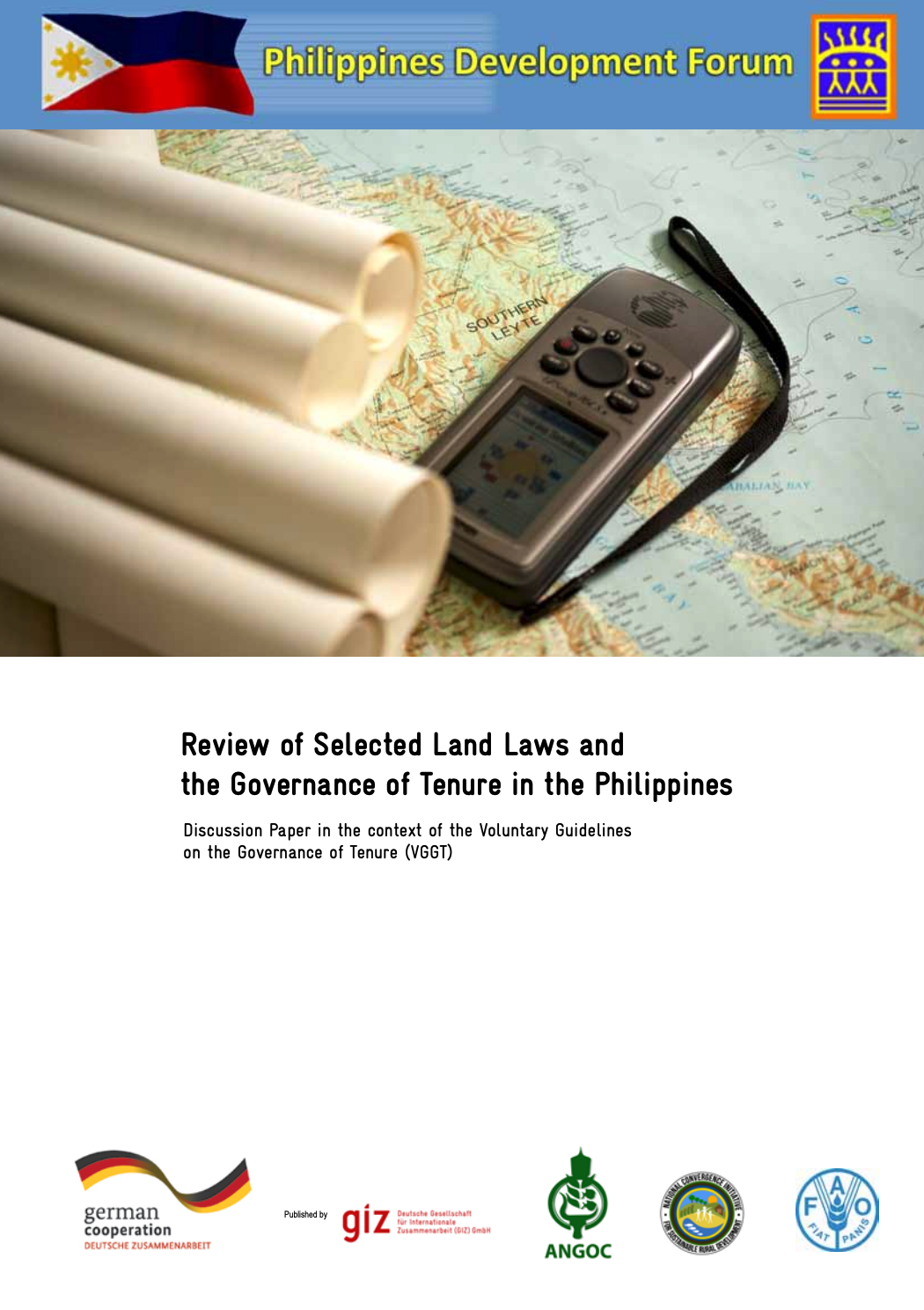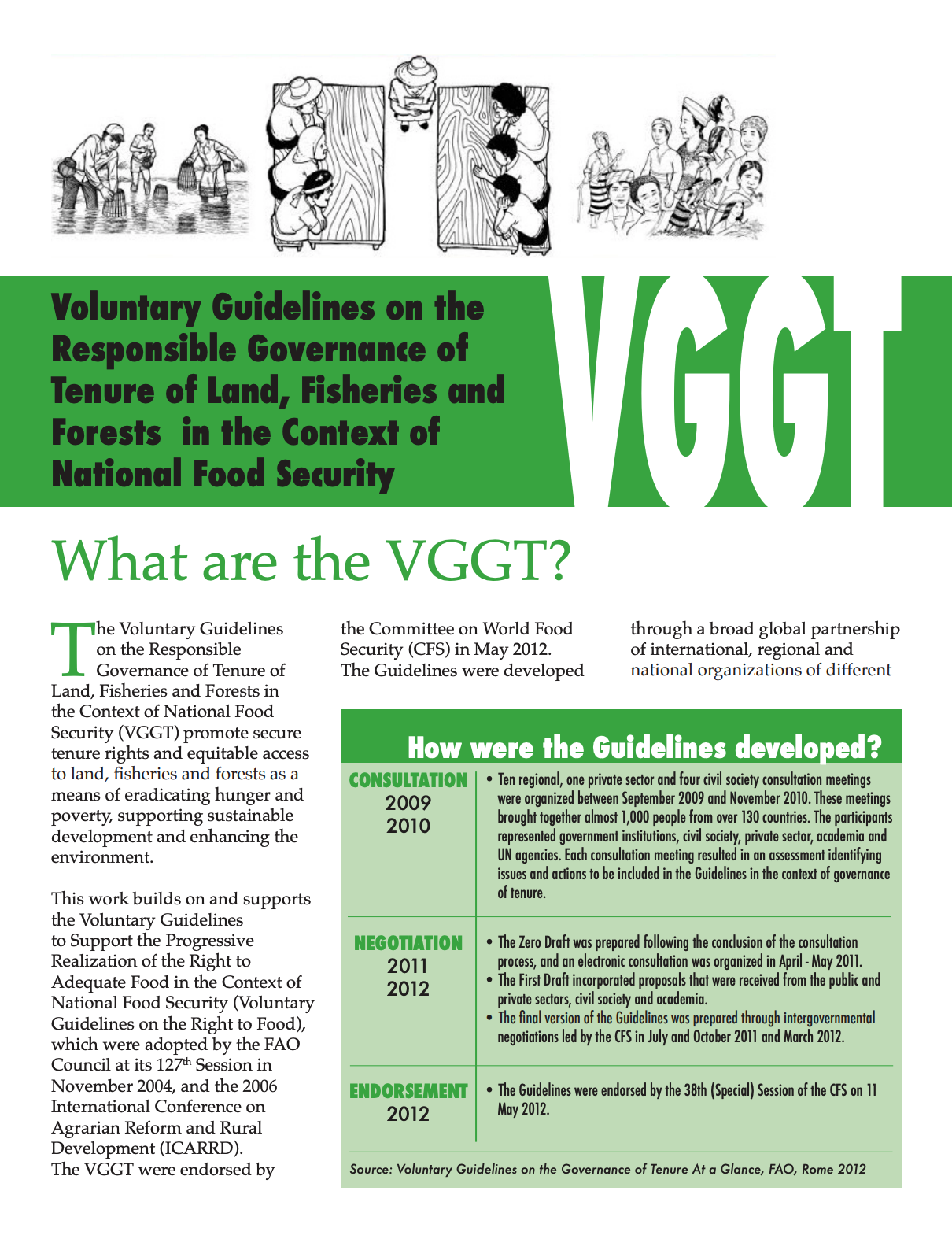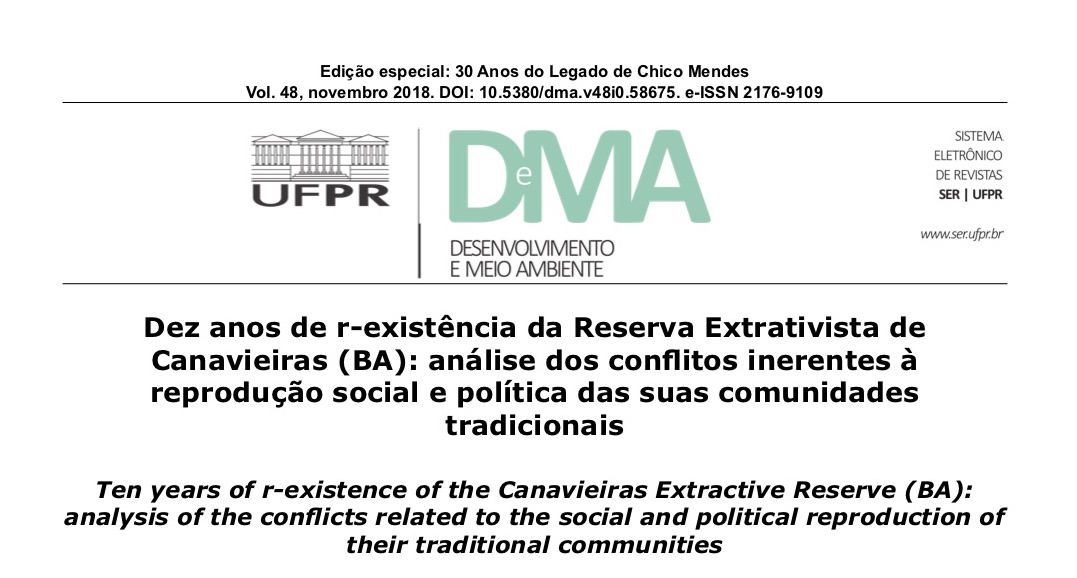Gender Responsive Land Tenure Development
What can development cooperation do to improve gender-responsiveness of land tenure development' Central to this objective is the mainstreaming of gender considerations into all areas (macro, meso and micro levels) of development cooperation which influence access to, control over, and benefits from land. This paper outlines the situation of women with regard to land tenure worldwide, and the challenge for development cooperation in addressing the gap between gender imbalances in land tenure and internationally declared aims for gender equality.






